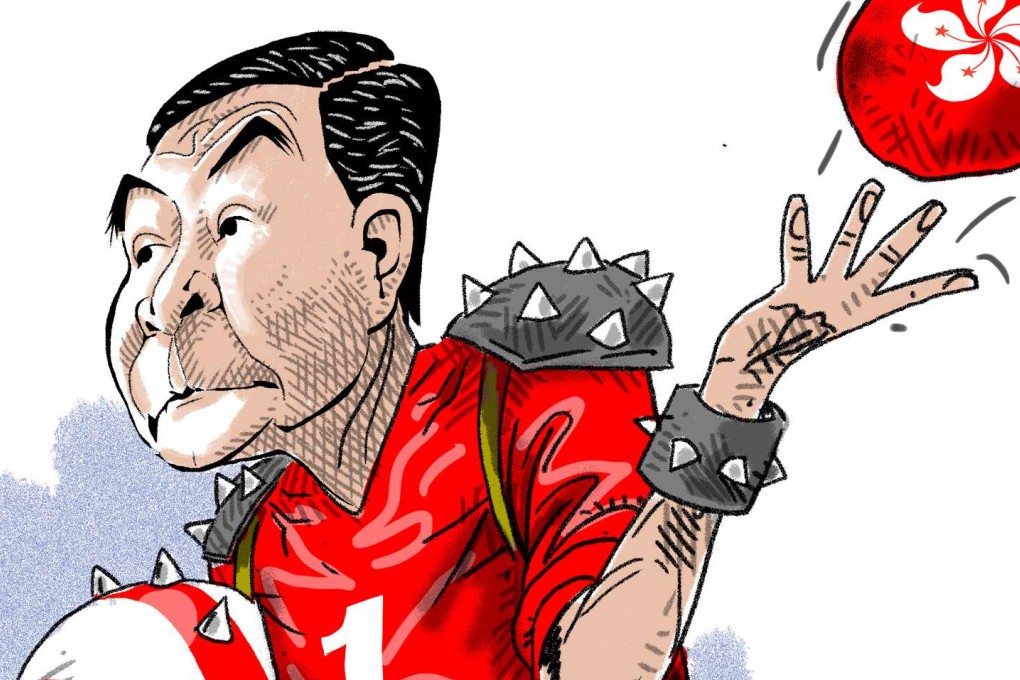After Leung Chun-ying, Beijing doesn’t need another Hong Kong leader who only plays hardball
Gary Cheung believes the chief executive’s departure signals the changing scope of the city’s top job, as the central government now wants someone who can rally the people


A few days later, Tung announced his resignation, citing health reasons.
CY Leung’s decision not to run came out of the blue for many
History repeated itself 11 years on. Most pro-establishment figures were similarly stunned last Friday when a stone-faced Leung Chun-ying made the jaw-dropping announcement that he would not seek a second term as chief executive at a hastily arranged press conference. Until then, all of Leung’s supporters had full confidence the surveyor turned leader – who appears to enjoy Beijing’s trust because of his tough governing style – would rule the city for another five years.
Leung’s withdrawal from the race defies the conventional wisdom that Beijing would prop up a tough but unpopular chief executive in Hong Kong
As recently as a few days before Leung announced his decision, commentaries written by some of his most ardent supporters were published in Chinese-language newspapers, predicting that his potential rivals, including Financial Secretary John Tsang Chun-wah, would have no chance.
Leung’s withdrawal from the race defies the conventional wisdom that Beijing would prop up a tough but unpopular chief executive in Hong Kong. Pundits believed Leung’s uncompromising stance against activists calling for Hong Kong independence scored points with the state leaders. President Xi Jinping ( 習近平 ), who is also known for his tough governing style, surely favoured Leung in the upcoming chief executive race, they said.
Yet those who subscribed to this line of thought, based on their understanding of the Communist Party, might not have noticed that the central government’s expectations of the chief executive have changed.
For a start, the central government may no longer need the SAR leader to play a leading role on matters of national sovereignty, because Beijing has of late shown itself willing to take up the cudgels. Its recent interpretation of the Basic Law on oath-taking, which targeted advocates of Hong Kong independence, was a case in point.
Beijing no longer needs a chief executive who plays hardball all the time. Instead, it wants him or her to focus more on Hong Kong’s internal affairs and facilitate economic development and social harmony. Leung does not fit into the central government’s new thinking.